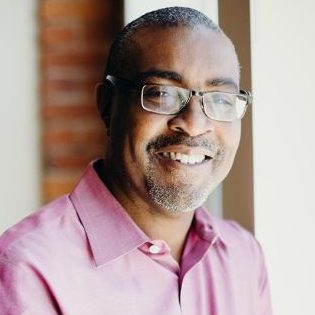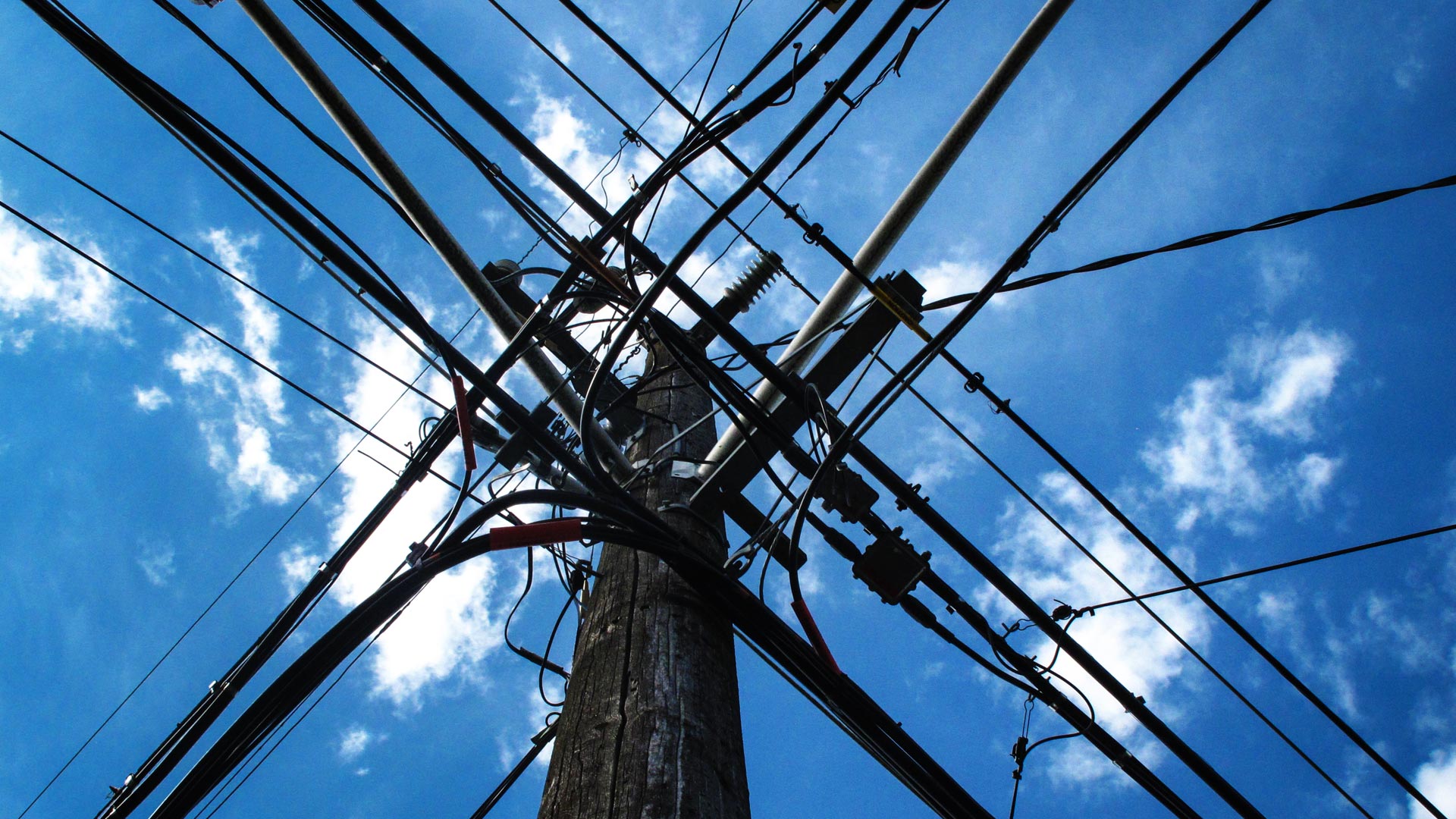This week we are wrestling with the United Methodist Church’s recent vote on Human Sexuality—along with the dynamics leading up to it and the discourse following it. Here, Dr. J. Derek McNeil, Acting President, offers a call to not shy away from complexity and nuance, but to wade into the messiness of human discourse—rather than resorting to a posture that is shaped by historical systems of power around the globe.
To continue the conversation, you can also read Elliot Huemann’s vital plea that the stories and pain of LGBTQ+ Christians be heard honestly, Jennifer Fernandez’s thought-provoking reflection on the dangers of conflating the Church and Christianity, and Kate Davis’s hope-filled reminder that even when the body of Christ is wounded, it is not broken and it is not without hope.
In the wake of the UMC vote on Human Sexuality, I’ve become increasingly concerned that we are losing the capacity to see relationally and to hear each other beyond social categories. I have noticed a familiar tendency, in what started as an international vote concerning a global denomination is turned into a particularly American discussion—universalizing themes and inflections that are firmly located in our national political, religious, and social discourse. This shortchanges our understanding of the complexity of our human discourse and limits our ability to listen deeply.
To raise this point is not to intellectually diminish the real rejection and pain felt across the UMC denomination. The voices in this discourse matter, and I pray that we continue listening to the stories and honor the tears of those who have felt harmed and isolated by this vote, who have experienced the last few weeks as the deepening of an old wound. And may we also remember that there are voices—beyond and within our borders—who do not easily fall into the familiar categories and talking points of our national discourse. This, it seems to me, is the complexity of the global conversation; even through our wounds, can we see those who have also been wounded? A relational hermeneutic invites us to cross ethnic, economic, gendered, and political boundaries to consider the contextual concerns of those outside the boundaries of our discourse.
“Even through our wounds, can we see those who have also been wounded?”
The vote in late February was relatively close—438-384 in favor of what was called the Traditional Plan. Forty-three percent of those voting were international delegates, primarily from African nations, a majority of whom joined a coalition of conservative American delegates in voting for the Traditional Plan. This was very much a vote of global representatives, and the conversation around it is, in some ways, a microcosm of America’s present and historic relationship with the other countries represented.
To be clear—there are no easy, tidy takeaways from this vote, from the centuries-old dynamics that led up to it, or from the reactions and conversations in the wake of it. But perhaps that is, in itself, a meaningful reminder: in our discussions, responses, sermons, and even in our grief, may we allow room for the complexity and nuance that is asked of us to live as the global body of Christ.
My hope for The Seattle School, and for the Church in America, is that we follow Jesus by continuing to wade into that complexity without resorting to caricatures or escaping to easy, familiar answers. May we be a place that struggles, a place that is willing to speak truth to systems of power that have caused harm—listening to and amplifying the voices of those who have been harmed, while also asking hard questions of ourselves and each other about the structures that undergird those systems.
As we continue unraveling this thread, it becomes clear to me that our engagement of the discourse following this vote cannot be separated from our ongoing engagement of cultural supremacy, and the intersections of whiteness, patriarchy, and colonialism. Because sometimes white supremacy is expressed through the violent racism of pointed robes and burning crosses, and sometimes it looks more like the implicit assumption that “progressives” in America are more advanced and are waiting for the rest of the world to catch up—or the more traditionalist assumption that the only civil or functional civilizations are of European descent. No matter how it is expressed, an assumption of supremacy disrupts our capacity to see relationally.
No matter how it is expressed, an assumption of supremacy disrupts our capacity to see relationally.
This means we must resist a posture that suggests the international Church—particularly churches in Africa—is too “primitive” in its social evolution, still behind the progress of the Church in the United States. And we must question the narrative that says delegates from African nations only voted a certain way because they ascribe to the theology exported to them by colonialist missionary practices. While it is true that the conflation of colonialism and mission is a crucial part of our shared history, that argument all too easily denies agency to other nations, denies that their own contexts, traditions, social mores, and histories also inform how they speak in these global conversations.
If you haven’t noticed yet, there are more questions implied in this essay than there are answers. That might not be a satisfying conclusion, but I do not believe we can arrive at meaningful answers without first sitting in the painful tension of these questions, in all of their history and nuance and complexity. And I don’t know how we do that as a global Church without falling into old patterns or reenacting old wounds—or if we can do that, in our present context. But I do know that a relational hermeneutic means there are certain things we cannot work on from a distance, and I know that we can turn toward each other now at a local, relational level. That is my prayer: that we would turn toward relationship in times of unrest and division, when it can be tempting to veer toward isolation over connection, or toward resistance without community.
And so I say again: May we be a place that struggles. May we listen to the cries of our LGBTQ siblings whose pain feels raw and urgent after this vote and the conversations in its wake. May we listen to the Church beyond our borders when they say that the Jesus they believe in looks different than what we’re asking of them. May we listen to each other, to the questions and stories that are too often silenced. And may we listen, all of us, to the voice of the Spirit that continues to call us together as the local, global body of Christ.
In the hope of fostering faithful dialogue that understands narrative, wrestles with intersections, resists reactivity, and fosters radical hospitality, we seek to feature work from a wide range of backgrounds and perspectives. Therefore the opinions expressed on the Intersections blog are those of the authors and do not purport to reflect an official statement regarding the views or opinions of The Seattle School. You can read more on the Intersections landing page.


